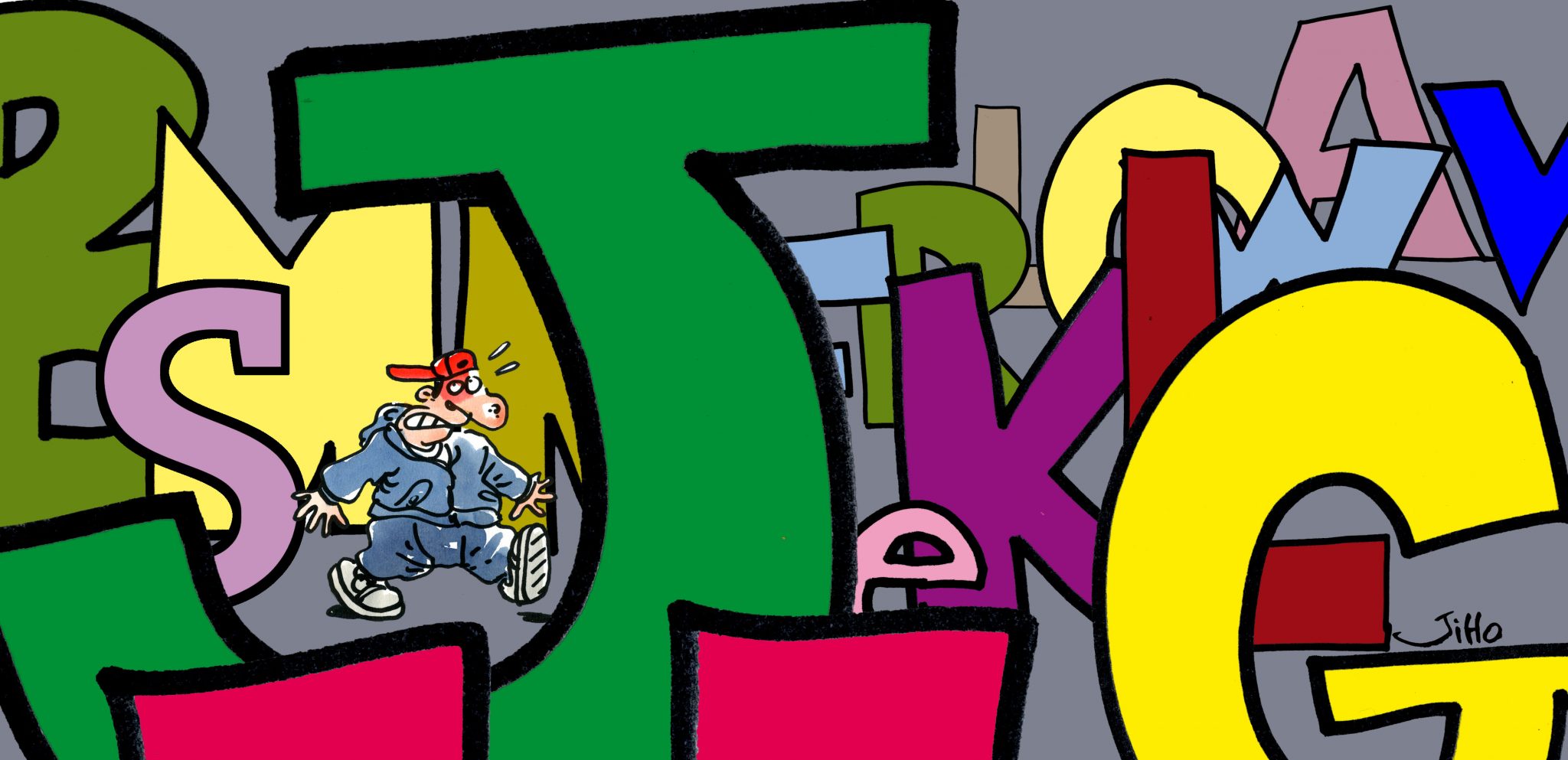BY DAVID PERRYMAN
 Literacy is defined as “understanding, evaluating, using and engaging with written text to participate in society, to achieve one’s goals and to develop one’s knowledge and potential.”
Literacy is defined as “understanding, evaluating, using and engaging with written text to participate in society, to achieve one’s goals and to develop one’s knowledge and potential.”
It has been said that prison planners use third grade reading scores to predict the number of prison beds they’ll need 15 years in the future. I have been unable to verify whether that is a fact or an urban legend.
However, whether there is a link between literacy and future incarceration does need to be examined. Mark Twain didn’t have the internet to use to research this matter like we do today, but he did not hesitate to emphasize the connection when he said, “Every time you stop a school, you will have to build a jail. What you gain at one end you lose at the other. It’s like feeding a dog on his own tail. It won’t fatten the dog.”
The wisdom of Twain may not have been supported by footnotes but it surely could be today. A study published on Oct. 7, 2013, by ReadingPartners.org found that it is true that a student not reading at his or her grade level by the end of the third grade is four times less likely to graduate high school on time – six times less likely for students from low income families.
Also, according to a 2009 study by researchers at Northeastern University, high school dropouts are 63 times more likely to be incarcerated than college graduates. Donald Hernandez reported in Double Jeopardy that “while those with the lowest reading scores account for only a third of students, this group accounts for more than 63% of all children who do not graduate.
Much has been said about teacher pay but while teacher pay is important for the recruitment and retention of proficient and qualified teachers, it may not be the No. 1 factor in determining literacy. According to a Literacy Mid-South article dated Mar. 16, 2016, there are a number of factors that contribute to low literacy rates. Among them are school readiness in terms of health, language development, social-emotional skills and participation in high-quality early care and learning programs.
Other factors include chronic absence and its mitigation; summer learning loss; family-oriented stressors such as family mobility, hunger, housing insecurity and toxic stress.
In short, incarceration and literacy are connected, but the damage done by a society that does not value literacy and education goes much deeper than that.
When an individual is unable to understand, evaluate, use or engage with written text to participate in society, doors are summarily shut.
Achieving ones goals and developing ones knowledge and potential becomes less of a by-product of literacy and more of a wall that cannot be scaled.
When we think about incarceration, we normally think about bars and locks. Walls that hinder personal potential are little better than jails.
Oklahomans are better than the policies that are being legislated. A fellow citizen is a terrible thing to waste.
– David Perryman, a Chickasha Democrat, represents District 56 in the Oklahoma House







